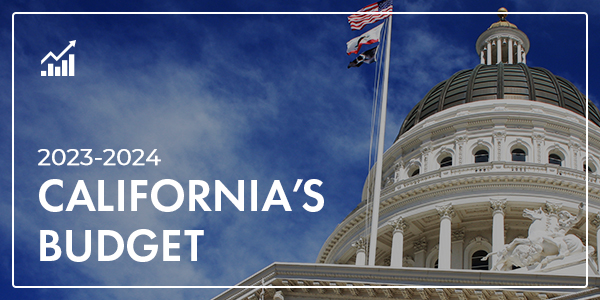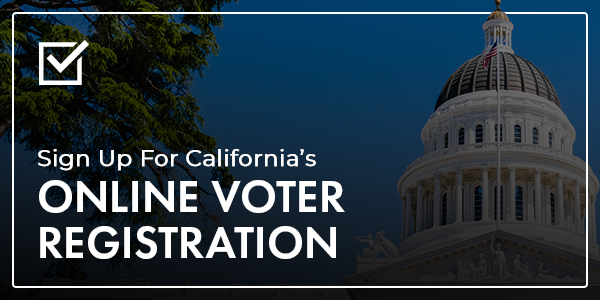Senator Portantino Joins Arts & Theater Advocates for “Catch Up California” Rally to Support Live Performance Venues
For Immediate Release: February 2, 2023
Contact: Lerna Shirinian, (818) 409-0400
Senator Portantino Joins Arts & Theater Advocates for “Catch Up California” Rally to Support Live Performance Venues
Glendale, CA – Senator Anthony J. Portantino (D – Burbank), artist labor unions, performing arts employers, arts advocates, and Hollywood stars came together at the Antaeus Theatre in Glendale during the “Catch Up California” rally. Senate Bill 1116, which was authored by Senator Portantino and signed into law by Governor Newsom last year, established the Equitable Payroll Fund for the nonprofit arts sector to create jobs and revitalize local economies. Today’s effort is aimed at supporting small community theatres that are struggling in the aftermath of the pandemic by funding the program.
“Last year I was ecstatic that Governor Newsom recognized the importance of live performing arts in California by signing SB 1116,” stated Senator Portantino. “And during the rally we came together to take the next step in supporting the vibrant theatre community that drives much of California’s creative economy. How can we be the top arts generator in the country and rank among the lowest for state government arts funding? With SB 1116, we committed to making an investment in the arts – one that helps all generations of Californians. Now we have to fund the equitable payroll fund. It’s time for performing arts funding to keep pace with the rest of California. Every sector and business in California got some form of pandemic relief except live, small theaters and that’s unacceptable. ”
Prior to the pandemic, California ranked 28th in state arts funding on a per capita basis. This chronic long-term underfunding of the industry amounted to a double-hit when the pandemic shut down much of the live arts. Johns Hopkins University reports that, as of October 2021, the percentage of job losses at nonprofit arts organizations remains more than three times worse than the average of all nonprofits.
“When planning for reopening during the shutdown, we knew that the true stress test would hit small performing arts,” stated Beatrice Casagran, Founding Artistic Director of Ophelia’s Jump Productions. “We knew that once they started producing again there would a 300-400 percent increase in costs and a 30-50 percent drop in attendance. COVID-19 relief grants helped make up some of the revenue-cost gap. However, they were only a short term fix. Funding the Equitable Payroll Fund is necessary to help small performing arts companies employ scores of artists and other production workers. It is the right thing to do for artists and for the many California communities who benefit from the work of theaters, orchestras and other performing arts groups. If this groundbreaking law is not funded, hundreds of small performing arts nonprofits will have to close their doors. Funding the Equitable Payroll Fund is good for artists, good for the economy, good for local communities, and good for California,” she added.
Rally attendees included Kate Shindle, President of the Actors’ Equity Association, Actor Bill Brochtrup, Actress Kirsten Vangsness, Playwrights Arena Artistic Director Jon Lawrence Rivera, Actor Marc Antonio Pritchett, Martha Demson, Theatre Producers of Southern California Board President and many more.
SB 1116 established the Equitable Payroll Fund (EPF), a grant program designed to support live performances – and workers directly – by providing substantial reimbursements of payroll expenses. This program supports jobs for people hired as an employee by a SNPAO, including both production and non-production employees and administrative staff. It does not apply to independent contractors who qualify as such under the ABC test set out in the Dynamex decision and codified by AB5.
The EPF will begin to stabilize SNPAOs immediately; preventing more closures and helping these organizations grow quickly to self-sustainability. The EPF will provide the greatest percent reimbursement to the smallest organizations. Since labor costs in the performing arts are relatively flat, these historically underfunded organizations are the hardest hit and most at risk. As SNPAOs grow, the percentage of payroll expenses that is reimbursed decreases as organizations are better able to absorb these costs. When an SNPAO reaches $2M, they graduate out of the program.
###





